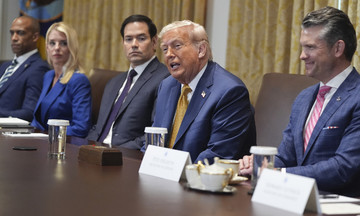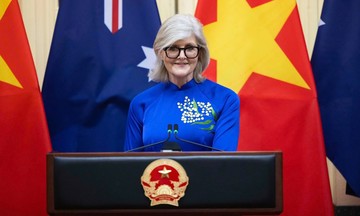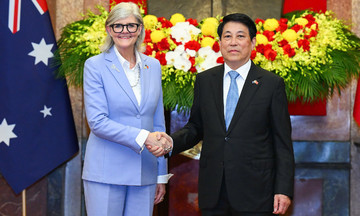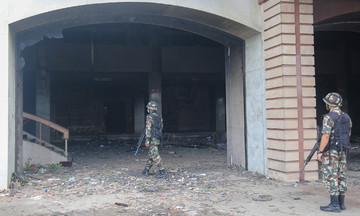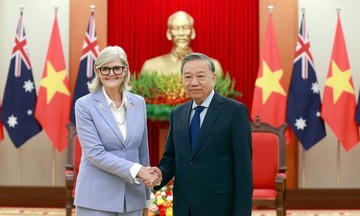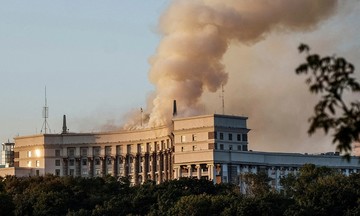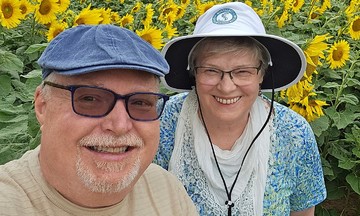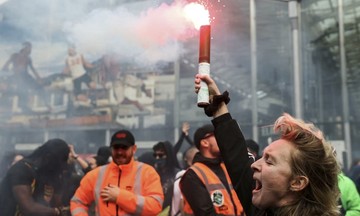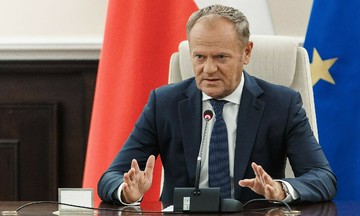Karki emerged as the leading candidate during a large virtual meeting on 10/9 with over 5,000 young people. This followed a lack of response from Kathmandu Mayor Balen Shah.
Amid escalating political unrest and the resignation of key government leaders, the Gen Z-led protest movement (those born between 1997 and 2012) has agreed to nominate former Chief Justice Karki to lead an interim government.
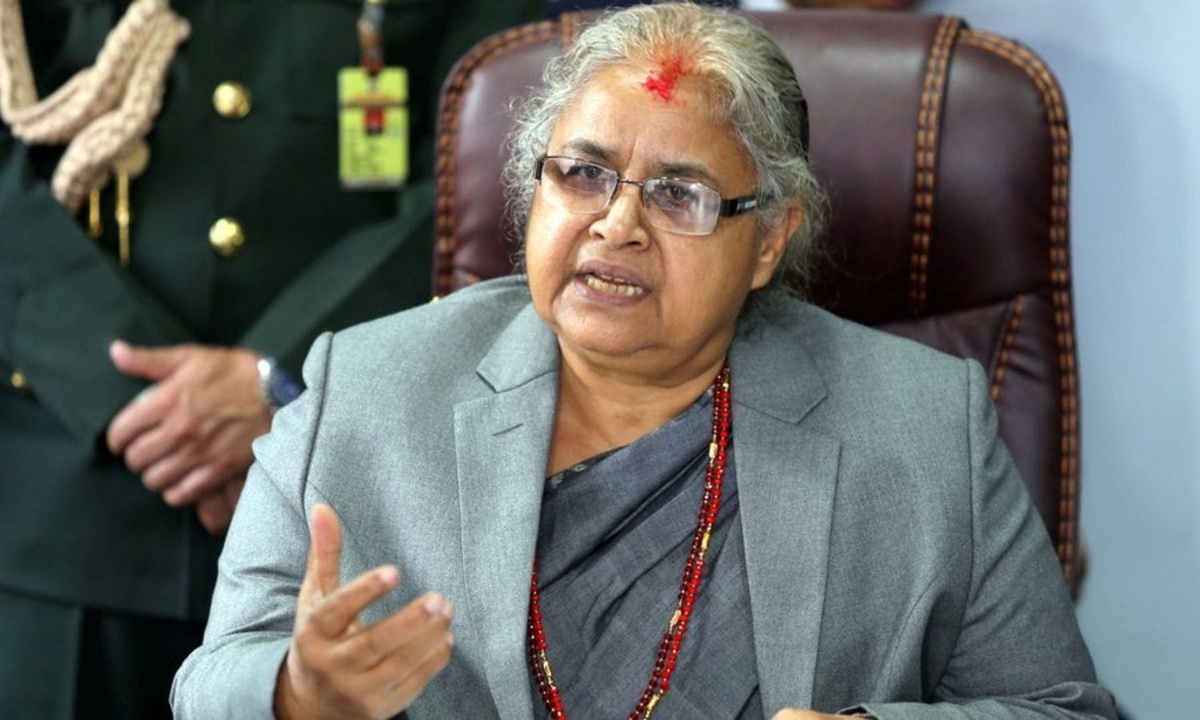 |
Former Nepal Supreme Court Chief Justice Sushila Karki, who has been nominated by protesters to become interim prime minister. Photo: X/@airnewsalerts |
Youth representatives emphasized Nepal's current need for a neutral and competent interim leader to oversee the country during this transitional period. Karki reportedly requested at least 1,000 written confirmations to accept the role but quickly received over 2,500, demonstrating strong support.
In an interview with CNN News18, Karki confirmed her acceptance of the position. Reuters, citing Raman Kumar Karna, secretary of the Nepal Supreme Court Bar Association, reported that protest representatives will meet with military leaders to present their proposal.
At 73, Karki isn't part of the generation leading the protests. However, her relative lack of political involvement is a significant advantage, given the public's anger toward the ruling class, whom they perceive as corrupt.
Her husband, Durga Prasad Subedi, is a youth leader in the Nepali Congress party. However, Karki has maintained political neutrality, not affiliating with any party.
Karki rose from a lawyer and regional judge to become the Supreme Court's chief justice 8 years ago, the only woman in Nepal to hold the position so far.
Large-scale protests erupted in Nepal on 8/9, with tens of thousands taking to the streets of Kathmandu after the government blocked most social media platforms, including Facebook, X, YouTube, and Instagram. The government claimed these companies hadn't registered and complied with its oversight.
Tensions escalated as the marches turned into anti-corruption demonstrations. Protesters clashed with security forces, and police responded with live fire, making 8/9 one of the deadliest days in Nepal's history, with 20 deaths and hundreds injured.
Prime Minister Sharma Oli resigned on 9/9, but the situation remains tense. The Nepalese army has deployed soldiers nationwide to restore order.
Vu Hoang (According to AP, Hindustan Times, Indian Express)



